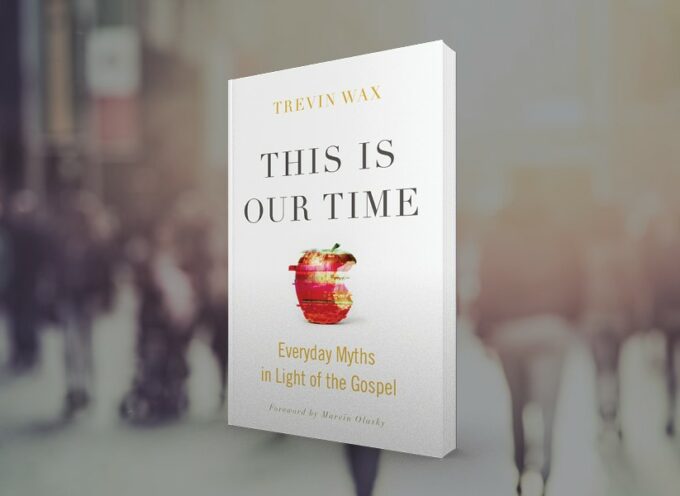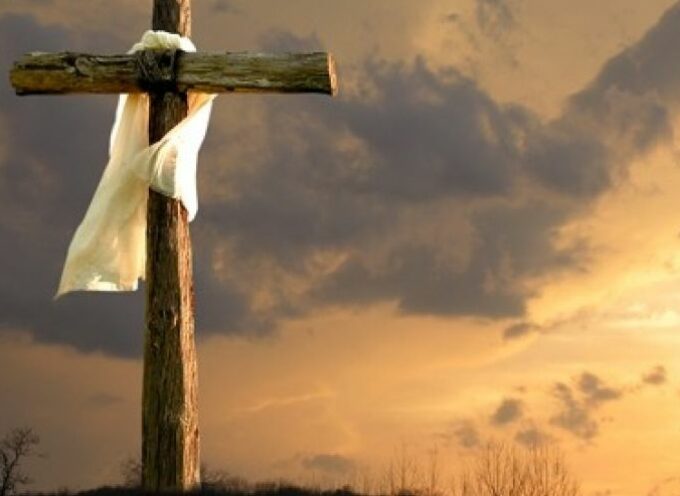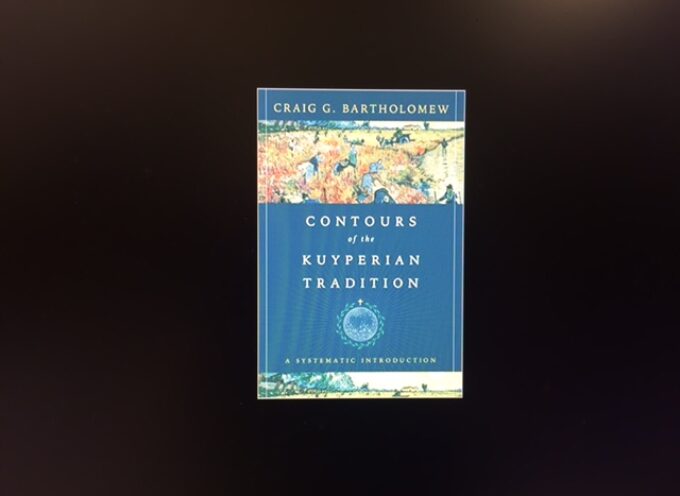I began this series with the recognition that, during my adult life there have been two dark nights of the soul. These “nights” were entire seasons of life, spanning years, in which God seemed absent or, at least, silent. I felt like God was “nowhere to be found.” The more I prayed, the worse my circumstances became. Or so it seemed.
I retained a level of faith in God. I tried. I knew, cognitively, that he promises to walk with me through the fire. Yet, I could not imagine what “good” God could possibly bring from painful circumstances and I could not feel him walking alongside me. My heart was conflicted. The words of well-meaning people seemed out-of-touch or unhelpful. The darkness remained, and it seemed endless.
Yet, the darkness lifted. And in this last season of difficulty, the story of Job ministered to me in an outsized manner. As I studied this book on existential “high alert,” and meditated on it for an extended period of time, God began a work of transformation in my heart and mind.
The Journey’s Origin
As we have explored the book of Job in previous installments, we learned that even righteous people will suffer, and some will suffer in an extraordinary manner. And, even if we were able to wrap our minds around God’s purposes—such as his willingness to discipline us, bring depth to our walk, and demonstrate his greatness to a watching world—our suffering will still cause us to wrestle with God.
The very nature of suffering is that we cannot control it. We can’t control other people or manage the natural world. Those things are beyond our control and often beyond our influence. Thus, when we experience a dark night of the soul, we realize our own powerlessness and become able to see more clearly God’s power and goodness.
Furthermore, suffering is mysterious. It is baffling not only to us but to persons who have a front ring seat as we anguish. Not only do we have great difficulty making sense of our own suffering, but the people observing our pain grasp at straws in their attempts to understand. Thus, our experience of pain can perhaps help us not to be resentful toward well-intentioned friends who offer unhelpful or unfair interpretations of our suffering. And it can help us know how to be a better friend to person we know who are suffering.
Because our experience of suffering causes such anguish, we tend to react from the very depth of our emotions. We are confused and disoriented. Often, we want to rage. Other times, we experience despair. We might even prefer to die rather than to continue our painful existence. And this is OK. We can rage, protest, and cry when wrestling with God. He values our honesty and, in fact, cannot transform us until we express ourselves honestly to him.
God meets us where we are. He doesn’t wait until we’ve stopped yelling and cursing; he meets us in the middle of our anguish, depression, rage, and tears. Better yet, not only does he meet us where we are, but he weeps with us also, holding us with his nail-scarred hands and letting us cry in his arms.
In response to our honesty, God will deal forthrightly with us, even if indirectly. While he cannot possibly explain to us the full meaning of our suffering—after all he is infinite and we are finite—he will reveal to us some of his purposes in our suffering and he will transform the areas of our hearts that most need reformation. “Job’s sort of suffering,” Craig Bartholomew writes, “has the uncanny habit of going after the bull’s-eye of a person’s life, attending to those areas that really need transformation.” Thus, God will respond to our honesty by making us more into his image.
The Journey’s Destination
The Serenity Prayer frames nicely the penultimate destination of the reader’s journey. From Job’s story, the Lord can work in our hearts to bequeath “the serenity to accept the things we cannot change.” We cannot change many of our circumstances, nor can we change other people or the past. And the Lord will empower us to have “the courage to change the things we can.” Many of the things we can change have to do with our response to reality, with our willingness to frame circumstances from God’s perspective as revealed in Scripture.
The beauty of Job’s narrative is that it empathizes with the reader’s pain. It does not gloss over lightly one’s dark night of the soul. It never once offers trite answers or out-of-touch reflections on the suffering we experience. Instead, it offers an exemplar—Job—who was a fallible human but who, nonetheless, is an exemplary guide for the person in pain.
It makes palatable a difficult truth: on this side of the Lord’s return, we likely will never fully understand why bad things have happened to us. Frederick Buechner describes well the ability of Job to speak a good word into our bad moment:
[Job] had seen the great glory, so shot through with sheer, fierce light and life and gladness, had heard the great voice raised…so full of terror and wildness and beauty, that from that moment on, nothing else mattered. All possible questions melted like mist, and all possible explanations withered like grass.
As for the children [Job] had lost when the house blew down, not to mention all his employees, he never got an explanation about them because he never asked for one, and the reason he never asked for one was that he knew that even if God gave him one that made splendid sense out of all the pain and suffering that had ever been since the world began, it was no longer splendid sense that he needed because with his own eyes he had beheld, and not as a stranger, the one who in the end clothed all things, no matter how small or confused or in pain, with his own splendor. And that was more than sufficient.
Peculiar Treasures, 76-77,
Indeed, through the biblical story, Job cries out from the grave, urging us to repent when such a response is required and to understand that God is mysteriously at work even in the most disorienting of situations. When we experience soul-wrenching anguish, we can be assured that “this too shall pass.” Even if we must wait until the Lord returns, we will one day be able to say, “See what the Lord has wrought!”
Rarely, if ever, will we have a glimpse into what goes on “behind the scenes” in our lives. God never gave Job a glimpse into the spiritual drama unfolding between Satan and the Lord god. And he doesn’t promise to pull back the curtains for us either. Yet, he does promise to walk with us through the valley and in the fire. He will never leave us nor forsake us.
Subscribe
Never miss a post! Have all new posts delivered straight to your inbox.







